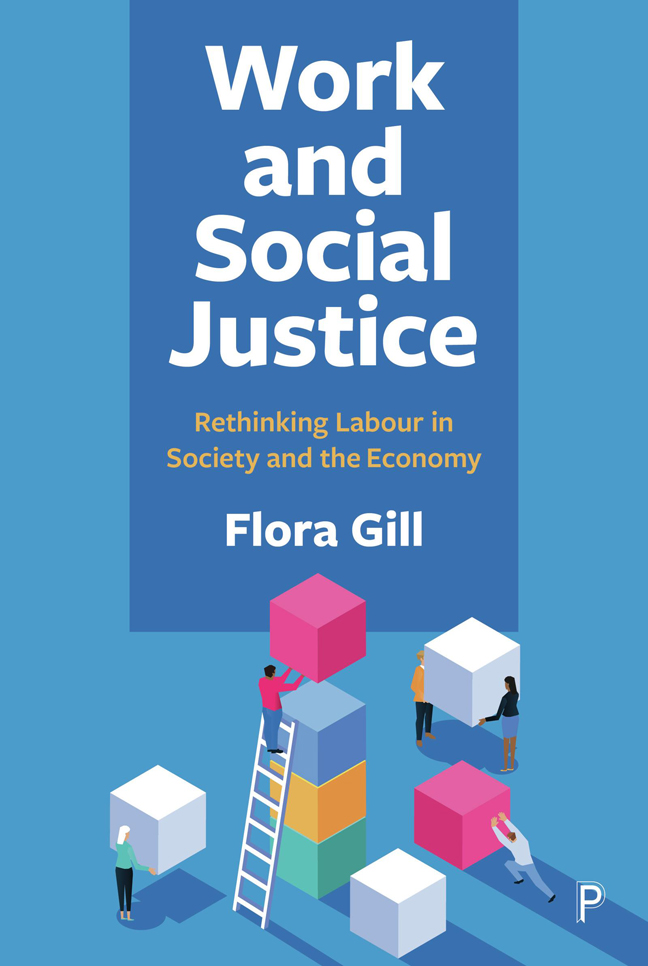1 - Introduction
Published online by Cambridge University Press: 23 January 2024
Summary
Does paid work as we know it meet basic standards of social justice? This is the main question that drives this book. At stake are both levels of pay and our emotional and physical wellbeing. The owners of capital still make the lion's share of the decisions regarding the technology, design of jobs and the command systems that govern our workplaces. But as history shows, governments also play a major role in deciding when the prerogatives of employers trump their duty of care to employees.
As the challenges of automation and globalisation reshape the nature of work in radical and dramatic ways, it is critical that we also pause to consider the tools with which we chart our course forwards. Economists in particular have a responsibility to ensure that our methodologies are correctly applied and up to the task of providing meaningful analytical insight. Yet the standard economics textbook still describes paid work, by way of a simple equation, as the sacrifice of precious leisure time in return for the ability to acquire things that money can buy.
In contrast to economists, social psychologists, sociologists, political scientists and others have a far richer perspective on the meaning of paid work and its impact on our life. Sociologists, social psychologists and human relations scholars point to the contribution of valued social relationships that develop with workmates, and the individual contribution of jobs that allow scope for autonomy, authenticity, creativity and a truly positive interaction with fellow humans.
For now, a few examples would suffice. In his book Why We Work, Barry Schwartz (2015) challenges the idea that work has little meaning beyond money. Schwartz, a psychologist, argues that even the most menial jobs are rewarding when they are well-designed and provide a scope for personal initiative, integrity and meaningful social interaction. But, he laments, far too many jobs are yet to realise this potential. He lays the main blame at the doorsteps of a misguided view that work has little reward beyond money.
In 2014 Rainer Strack, who had led the Boston Consulting Group's (BCG) human resources globally for 10 years, shared with us what he had discovered when he asked 200,000 people across 189 countries to rank a set of 26 specific work conditions from the most to the least valuable.
- Type
- Chapter
- Information
- Work and Social JusticeRethinking Labour in Society and the Economy, pp. 1 - 6Publisher: Bristol University PressPrint publication year: 2023

